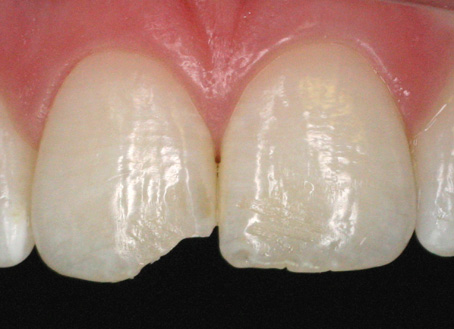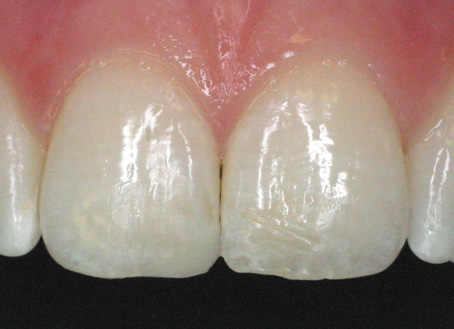Tooth coloured fillings to restore your teeth
If a tooth is decayed or broken, it needs to be repaired. After removing decay, the cavity (hole) is filled with material to recreate the tooth.
Traditionally, silver fillings were used, but this material contains mercury, (a highly toxic material), is unnatural and unsightly in appearance and can corrode and expand, causing fractures in the tooth.
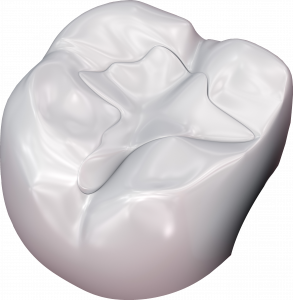
Composite as alternative to silver amalgam
Composite as alternative to silver amalgam
Case Study 1
We use composite resin. This material recreates the natural appearance of a tooth and is free of mercury. The composite also ‘glues’ the tooth together, strengthening it, unlike silver amalgam which does not bond to the tooth.
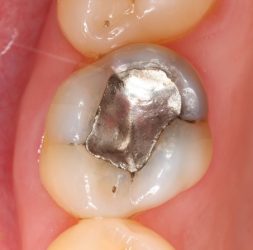
Leaking decayed silver filling
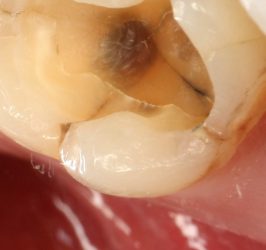
Removal of silver filling reveals fractures
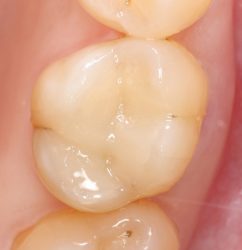
Silver fillings do not bond to the tooth, however composite fillings bond and strengthen the tooth.
Case Study 2
Composite can also be used to restore chipped and broken edges, because it bonds to the tooth. A natural tooth is made up of different layers (enamel and dentine) and specialised composite material is applied with different shaded layers to replicate nature.
Case Study 3
Modern composite fillings have evolved, offering us a “layering” technique to recreate the natural layering of enamel and dentine layering in a natural tooth.
The following case shows this sophisticated technique being used to replace an old, unsightly filling.
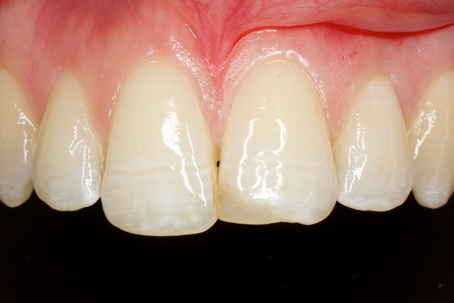
Before
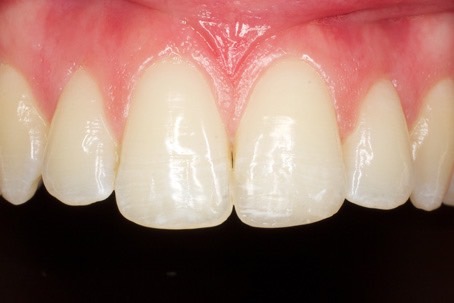
After
Get in touch
If you would like to discuss Composite Filling treatment options, please fill in the form below:


